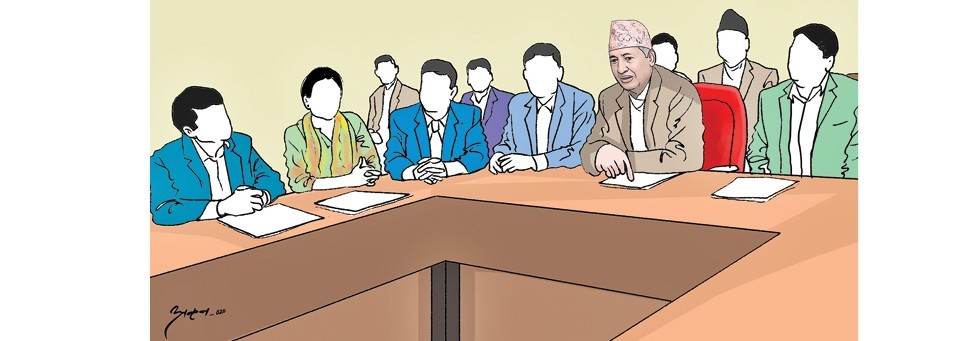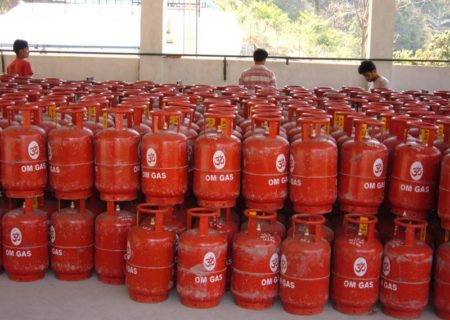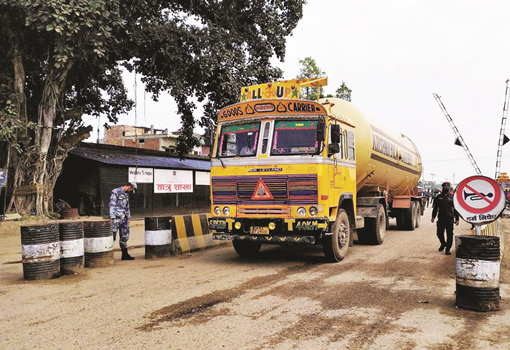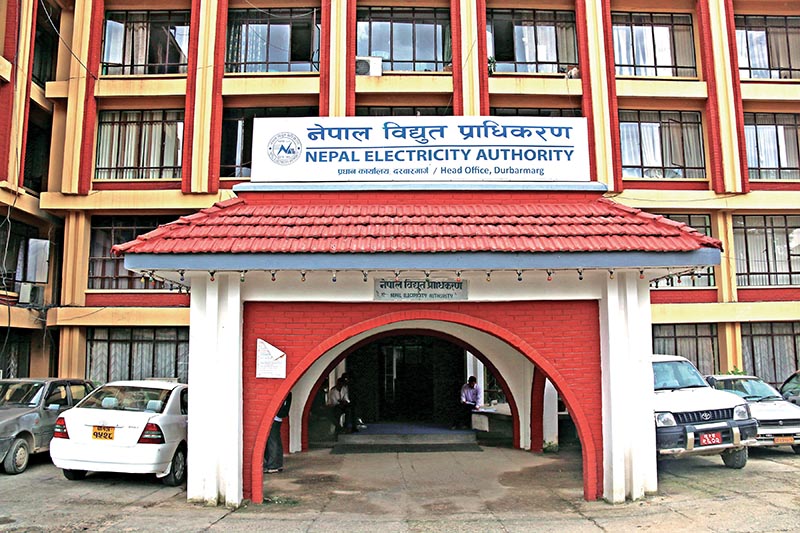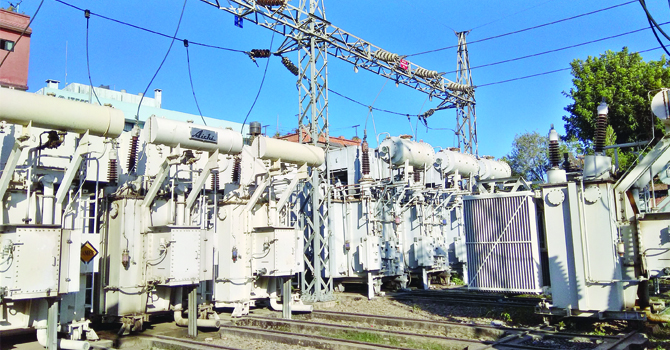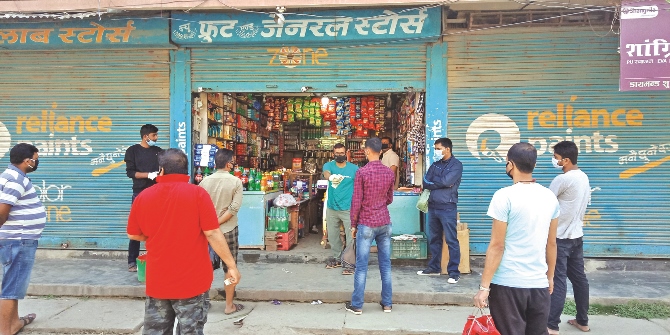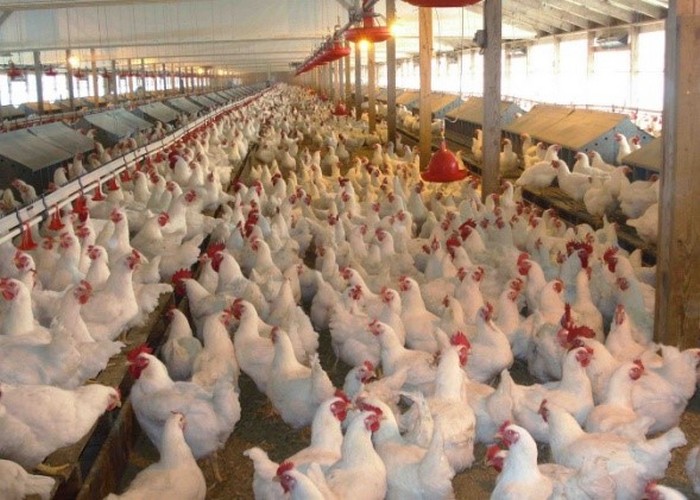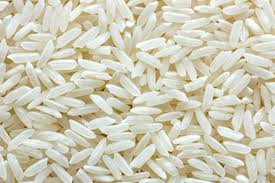‘Fertiliser problem due to shortage in int’l market’

By Laxman Kafle
Kathmandu, Jan. 3:
“We have to ensure the supply of fertiliser through the Government to Government (G2G) system with other countries, including India, to address the problems for the short term and have to establish a fertiliser company in the country for the long run,” he said.
He said that the government was trying to set up a fertiliser factory in Nepal to prevent shortage of fertiliser in the long term.
According to Yadav, the Investment Board of Nepal is looking for suitable companies for that.
He also informed that the existing laws and regulations will be amended for the supply of fertiliser as per the demand of the farmers.
Yadav said, “Factory is the only solution for fertiliser in the long term. Proposals are coming to the Investment Board for the factory. We have tried to establish a fertiliser factory in Nepal by finding a suitable company. Although there is no immediate supply of fertiliser due to shortage in the international market, there will be an adequate supply of fertiliser in the next four months.”
The contractors have been delaying to import fertilsiers showing the cause of price hike in the international market and rising price of fertilsiers is also affecting awarding contract in this regard, he said.
Due to the sharp rise in the price of fertiliser in the international market, the burden of government subsidy has increased three times on average in urea, six times in DAP and more than 10 times in potash.
The Agriculture Inputs Company (AICL) and Salt Trading Corporation are importing and distributing subsidised chemical fertilisers.
According to the Ministry, both the companies have 10,500 tonnes of urea, 1,200 tonnes of DAP and about 500 tonnes of potassium in their warehouses.
“The stockpile will not be able to meet the regular demand for fertiliser in the coming days,” said the Ministry.
The government has said that about 150,000 tonnes of fertiliser, which should have been supplied so far through global tenders and purchase agreements from both the companies, could not be imported due to the difficult situation in the international market.
The government has stated that it has not been able to end the shortage of chemical fertilisers even though it has increased the budget required for the supply and distribution of chemical fertilisers this year as compared to last year. According to the Ministry, more than Rs. 27 billion has been allocated for the purchase of chemical fertilisers this year.
Minister Yadav said that the low allocation of budget to the Ministry of Agriculture against its contribution to the national economy was the main problem to increase agricultural productivity.
He also said that the government has made arrangements for the sugarcane farmers to get the payment within 45 days.
He said that the government has made necessary arrangements to make online payment within 45 days of the sugarcane farmers giving sugarcane to the mills through the online system.
“As we are responsible to the farmers, the payment for sugarcane has been made online in 45 days.”
The Ministry has already sent the proposed minimum support price of sugarcane for approval.
Recent News

Do not make expressions casting dout on election: EC
14 Apr, 2022
CM Bhatta says may New Year 2079 BS inspire positive thinking
14 Apr, 2022
Three new cases, 44 recoveries in 24 hours
14 Apr, 2022
689 climbers of 84 teams so far acquire permits for climbing various peaks this spring season
14 Apr, 2022
How the rising cost of living crisis is impacting Nepal
14 Apr, 2022
US military confirms an interstellar meteor collided with Earth
14 Apr, 2022
Valneva Covid vaccine approved for use in UK
14 Apr, 2022
Chair Prachanda highlights need of unity among Maoist, Communist forces
14 Apr, 2022
Ranbir Kapoor and Alia Bhatt: Bollywood toasts star couple on wedding
14 Apr, 2022
President Bhandari confers decorations (Photo Feature)
14 Apr, 2022


